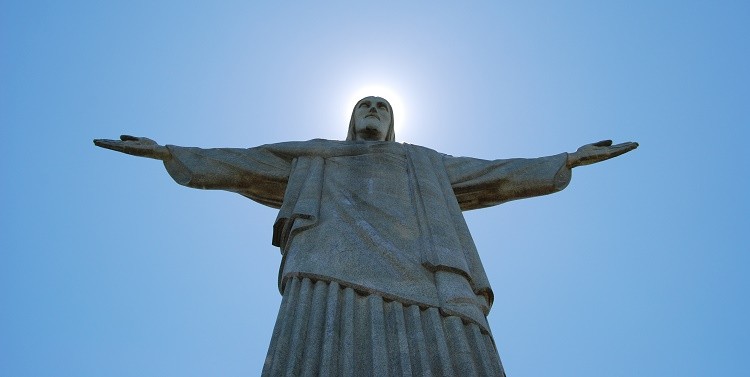Brazil: Solar, so good.
The Brazilian government is getting ready to crank up its solar photovoltaic capacity. A recent string of tenders has drawn the attention of solar investors from around the globe and the Brazil Electricity Agency (ANEEL) is to auction 2-3 GW worth of solar photovoltaic capacity between now and 2018. Solar, so good…
The action starts in a week, with the first of two seperate auctions planned for this year. There will be a solar-only auction on August 28th; the second is slated for November 13th and will include both solar and wind projects. Between 2 and 3 GW of new installed capacity is to come of these two tenders by 2018. Winning projects must be online and functional by the cutoff date in November 2018 to receive the 20-year PPA. Expert estimates, probably on the conservative side, forsee an annual increase in capacity of 500 to 750 MW between now and December 2018.
Brazil is finally beginning to seriously tap into its solar energy potential. Until now, Brazil has installed a mere 42MW of solar capacity. This is, of course, peanuts for a country its size and level of solar resources.
Until relatively recently, previous auctions for renewable generation projects have failed to result in solar PPAs, due to the relative cost advantage of other renewables, mainly wind. Then the first solar-only auction was held in the state of Pernambuco at the end of 2013, in which five PV projects for a total of 122.8 MW were contracted. Less than a year later, the first national solar-only auction was held, resulting in the contracting of 31 projects totalling 890 MW.
Feasibility in question
The recent solar-focused auctions resulted in a strong response from interested project developers. Likewise the coming auctions have already produced a flurry of project applications that, taken together, amount to 20.5 GW, about 17 GW over the amount to be allotted by the Brazilian government.
However, there are still some questions to the commercial feasibility of these projects. None of the projects contracted in the Pernambuco tender have thus far reached financial close. A similar situation likely awaits project developers who won PPAs in the first national solar-only auction, which resulted in one of the lowest auction prices in the world at the equivalent of US$87/MWh. This situation has not been helped by the relative weakening of the real to the dollar, which raises the cost of the imported compentents on which developers largely rely. Some experts posit that, for these reasons, the projects will face considerable challenges reaching financial close.
The Brazilian government is gung-ho about boosting national solar manufacturing. BNDES, the Brazilian Development Bank, will award lower cost financing to projects contingent on the level of local procurement involved. On top of debt financing of up to 65% of project costs that the bank has offered developers, a supplementary financing of up to 15% of project costs is offered through its Climate Fund, as a function of the level of local procurement involved in the project. This is part of an effort by the Brazilian government to boost the country’s long-term solar manufacturing capabilities by incentivizing investment in the solar sector.
Experts have predicted that the clearing prices of the upcoming auctions might be 30% higher than those that came before to make up for the increased cost of financing and and the appreciation of the dollar.
An overall strategy
The new tenders are part of a coordinated strategy to increase the country’s share of renewable energy and combat climate change. In Fall of 2014, Brazil set a target to source 42.5% of its energy from renewables by 2023, which encompasses the entire energy spectrum, including electricity generation and fuels. In terms of electricity, Brazil already generates nearly 80% of its power from renewable sources, the large majority of which comes from hydropower resources. The country now aims to tap into its other ample natural resources. In the context of recent climate talks with the US in the runup to the UN Climate Change Conference to be held in Paris at the end of this year, Brazil announced plans to ramp up electricity generation from renewable sources other than hydropower to 20% by 2030.
Sources:





